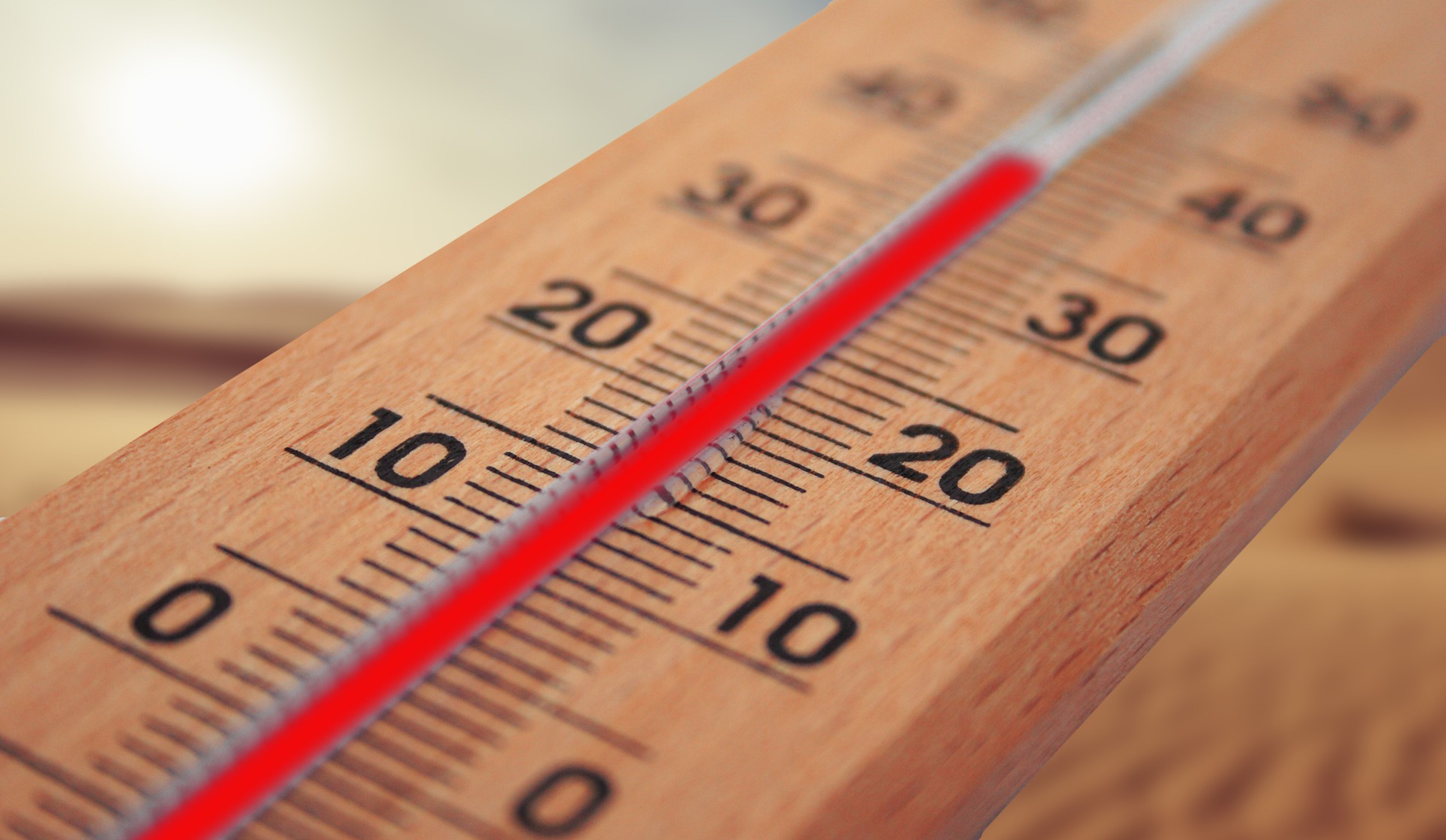
EXPERT REACTION/BRIEFING: How much of our extreme weather is down to manmade climate change?
Kiwi and British researchers extensively reviewed the evidence of how climate change has influenced five kinds of extreme weather events, the impacts of these events in recent years, and just how much these impacts are directly linked to climate change. For example, heatwaves have increased in likelihood and intensity around the world due to climate change, with tens of thousands of deaths directly attributable. In another example, climate change has increased rain during tropical cyclones and storm surge heights. This increased rain has caused around half a trillion US dollars in damages in the North Atlantic. The research team calls for such extreme weather events to be more systematically recorded around the world, saying a lack of data is a major barrier to mitigating future damages.
Journal/conference: Environmental Research: Climate
Organisation/s: Victoria University of Wellington, University of Oxford, UK
Attachments:
Note: Not all attachments are visible to the general public
News for:
New Zealand
International
Media contact details for this story are only visible to registered journalists.


Expert Reaction
These comments have been collated by the Science Media Centre to provide a variety of expert perspectives on this issue. Feel free to use these quotes in your stories. Views expressed are the personal opinions of the experts named. They do not represent the views of the SMC or any other organisation unless specifically stated.